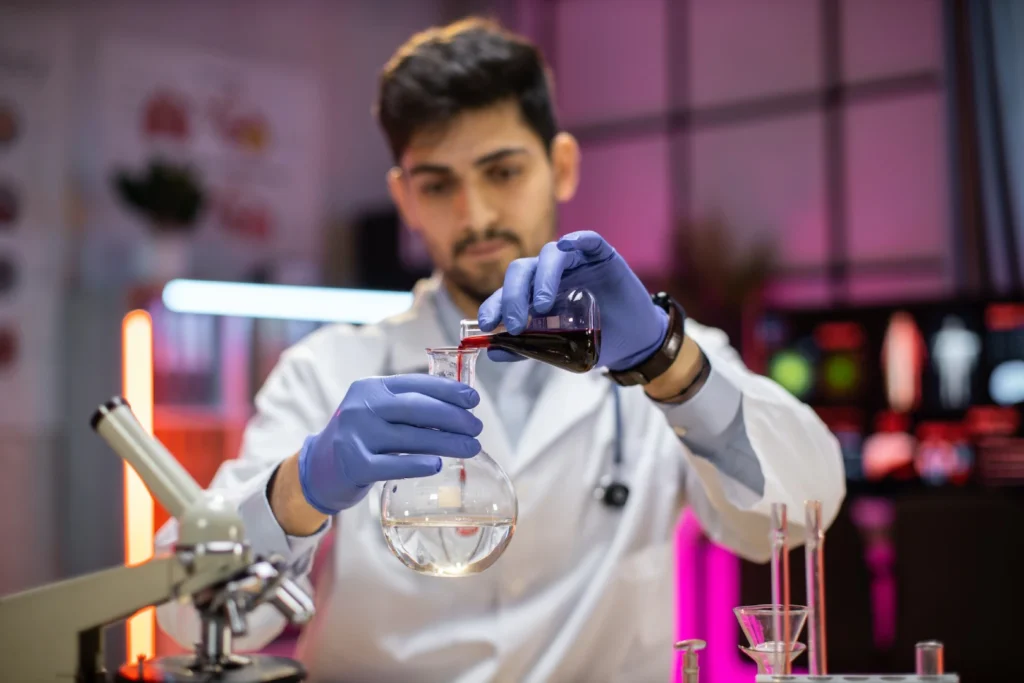- How does drug and alcohol testing help people stay safe?
- Why is drug and alcohol testing critical to a person’s safety?
What do we offer?
- Random drug testing
- Drug and alcohol testing
- Random Drug Testing: Random drug testing, as used in the North American logistics sector, is the process of choosing workers for drug tests without prior suspicion or clear reason. For some occupations, this is required—rather than optional—under guidelines established by the Departments of Transportation (DOT) in the United States and Canada.
Who is being tested?
Workers carrying out tasks, including safety: This includes mechanics who work on safety-critical vehicle components, drivers with a commercial driver’s license (CDL), and other employees whose actions could have an immediate impact on safety during transportation operations.
How it functions
Companies are required to comply with the minimum random testing rates specified by the DOT on an annual basis. For example, starting in 2024, 10% of other covered employees and 50% of drivers will be subject to random drug testing.
Businesses use a random selection procedure to pick workers for examination. This ensures impartiality and eliminates the possibility of single-outing certain individuals.
Test types: The most popular approach is urine analysis, although there are other options available, such as oral fluid testing.
Advantages of randomized drug testing (as stated by advocates):
Enhanced safety: Random testing attempts to make the workplace safer by discouraging drug use and identifying those who may be struggling with substance abuse issues. This could lead to a decrease in accidents and injuries.
Reduced liability: Businesses that follow DOT guidelines may have fewer financial and legal responsibilities if one or more of their employees are involved in an accident while under the influence of drugs.
Random testing can help to establish public trust in the logistics sector’s safety procedures.
It’s crucial to remember that there is continuous discussion over the morality and efficacy of random drug testing. Opponents contend that it:
This violates the privacy of employees and may lower morale at work.
It might not be the best method for locating and treating substance misuse problems among employees because it doesn’t always catch occasional drug users.
It discriminates against those who use lawful substances after work.Finally, it is up to individual logistics businesses to decide whether to conduct random drug tests while considering the advantages and disadvantages of the practice and applicable laws.
- The North American logistics industry employs a variety of drug and alcohol testing methods. A more comprehensive program is used. The Canadian Department of Transportation (DOT) and the U.S. Department of Transportation (DOT) prescribe a multifaceted strategy for certain employees to establish a drug-free and safe work environment.




